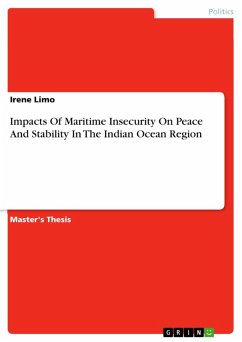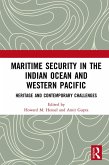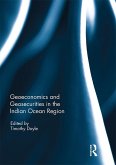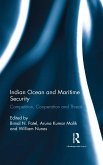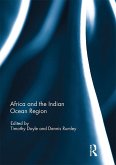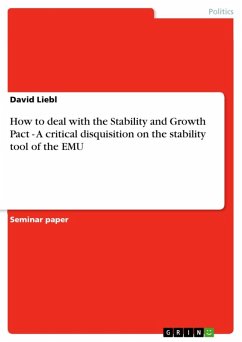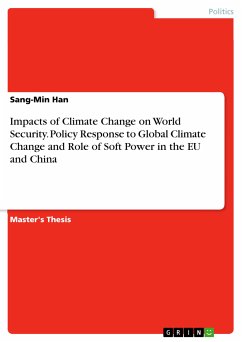Master's Thesis from the year 2012 in the subject Politics - Other International Politics Topics, grade: PASS, University of Nairobi (Institute of Diplomacy and International Studies (IDIS)), course: International Relations, language: English, abstract: Maritime security is a key component of collective security and thus forms part of the foundation for economic development. The Indian Ocean region, particularly the East African region does not have its own maritime policy or strategy, despite the acknowledged importance of this component of any national or regional economy. Given the unique needs of its populace, priorities and requirements of the various states, the East African part of the Indian Ocean therefore needs to develop a maritime strategy to promote economic development for its people through improved maritime security, leading to improved global competitiveness for its goods and services. To achieve the desired peace and a stable environment, cooperation and adoption of a holistic maritime legislation is mandatory which, in turn, would strengthen the maritime institutions which are crucial for a maritime strategy. This combination of strengthened and coherent legislation, institutions and cooperation would enhance the policing of, and prosecution for, illegal acts, eg piracy, terrorism, trafficking and the dumping of waste materials; it would better regulate the fishing industry; ensure pollution will be policed; countering of smuggling and illicit trade; transnational or cross-border crime would be better monitored and reduced; and further, the safe navigation of shipping guaranteed. This will eventually translate to a peaceful, a more secure and stable Indian ocean region. Thus the required good order at sea should be viewed as a function of how states should exercise their jurisdiction on maritime issues for sustainable peace and development.
Dieser Download kann aus rechtlichen Gründen nur mit Rechnungsadresse in A, B, BG, CY, CZ, D, DK, EW, E, FIN, F, GR, HR, H, IRL, I, LT, L, LR, M, NL, PL, P, R, S, SLO, SK ausgeliefert werden.

